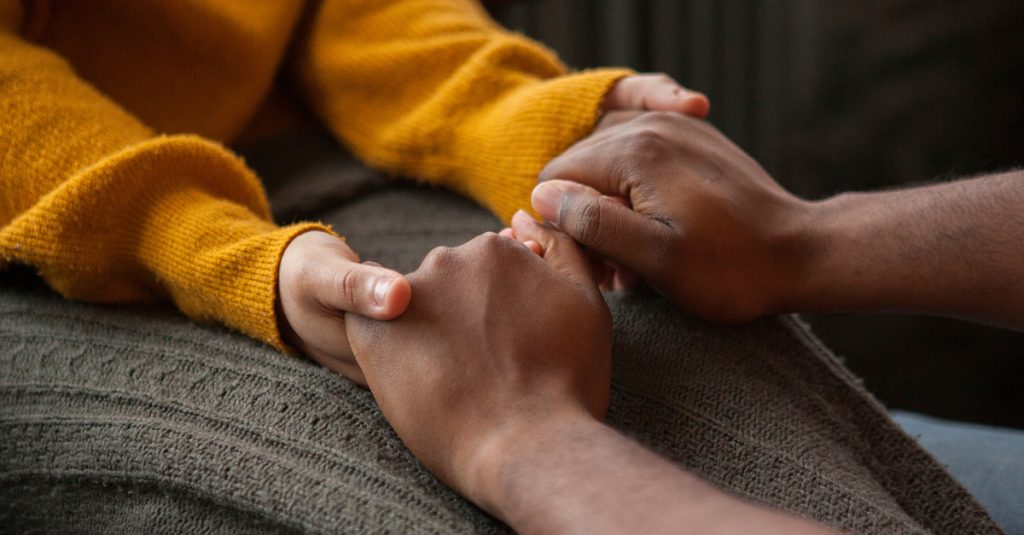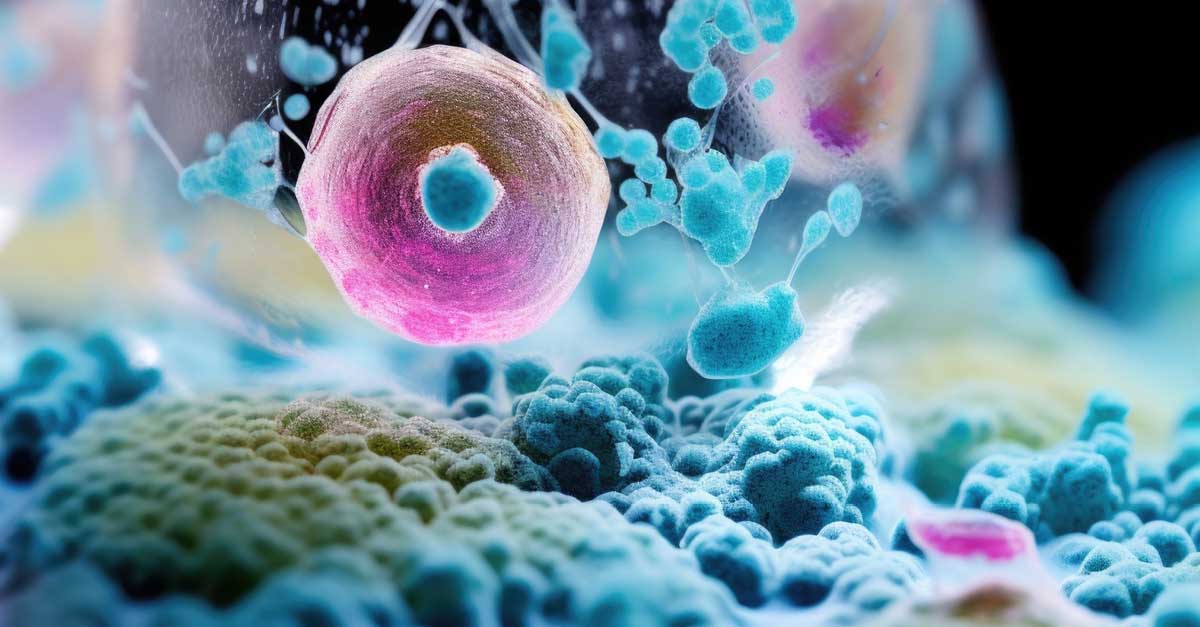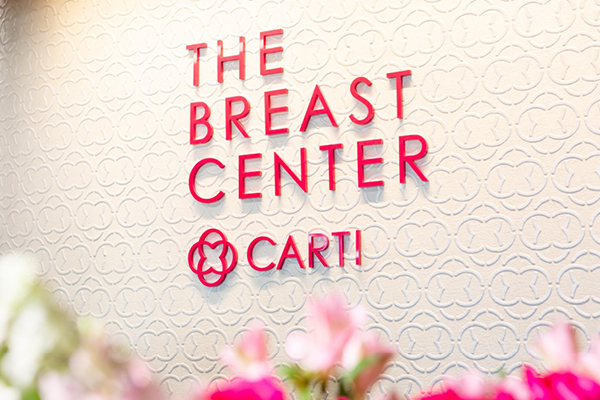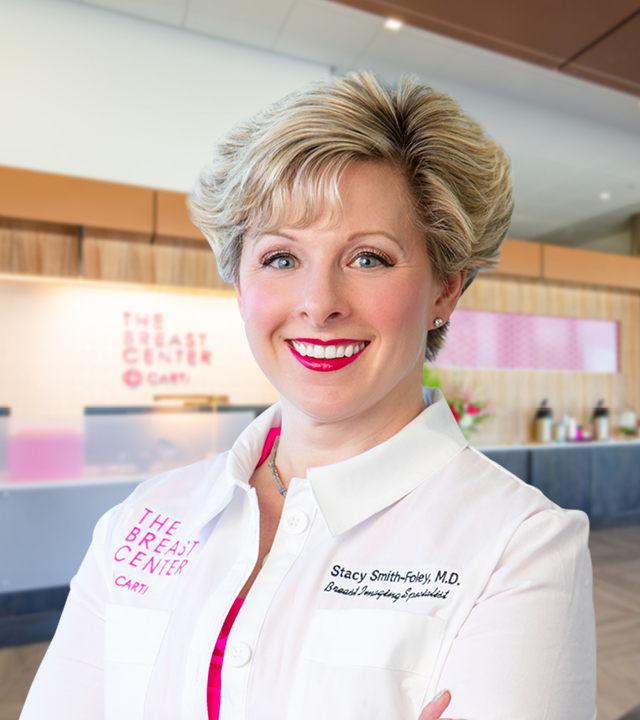Responding to a Loved One’s Cancer Diagnosis

Discussing health issues, even with the people closest to us, can sometimes feel uncomfortable or stressful. So, when a loved one receives a cancer diagnosis, we may ask ourselves, “How should I respond to show them I care?” While there’s no “right” thing to say or do, we can follow a few tips to navigate potentially difficult conversations and offer them much-needed support.
Be a listening ear: One of the most important things we can do for someone with cancer is to listen. It can be as simple as saying, “I’m here if or when you want to talk about it.” It’s important to remember, however, that we should avoid fielding questions we’re not equipped to answer. Instead, we can suggest that loved ones look to their cancer care team for guidance.
Show grace: A cancer diagnosis is scary. Individuals may be angry, depressed, or feel a sense of guilt. These emotions can be part of the process, especially for patients dealing with mood-altering medications or treatments. If needed, we should encourage them to see a mental health professional or connect with a social worker or support group, such as those available at CARTI’s The Bridge.
Avoid false positivity or simplification: It may seem like it’d be reassuring to hear, “You’re so strong” or “You’ll be okay,” but these statements can often be misinterpreted. We never want to discount a loved one’s fears, pressure them or give them a false sense of hope. We should allow them to process their feelings without judgment.
Step in to help: Rather than open-ended offers, such as “Please let me know how I can help,” take tangible steps to help. For example, if a family member or friend is a patient at the CARTI Cancer Center in Little Rock, purchase a certificate for them to grab snacks or a delicious, healing meal from The Hope Bistro or the Gift Shop.
Honor boundaries: It may sound straightforward, but it’s critical to recognize that cancer is a personal and emotional experience. We should never share a loved one’s diagnosis. It’s their decision if or when to tell others, and we should respect their privacy. In the wake of learning that a family member or friend has cancer, we can feel uncertain about how to act, what to say or how to adapt to our new roles as caregivers. From counseling and pastoral care to Thrive Yoga, CARTI’s The Bridge offers support services and resources to help those impacted by cancer. Learn more at CARTI.com/thebridge.





